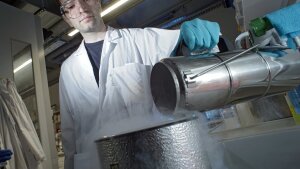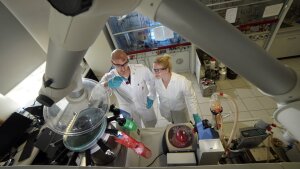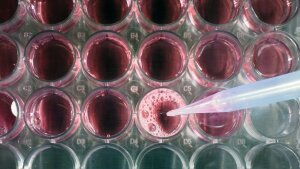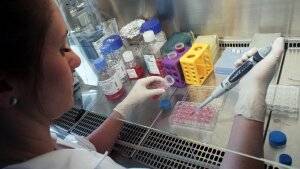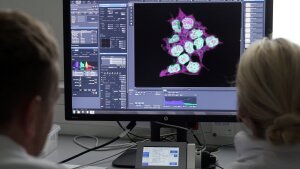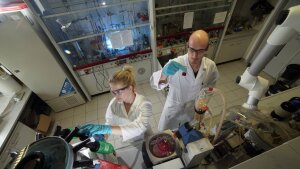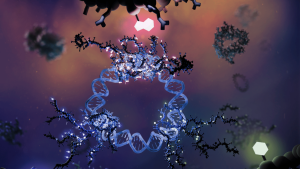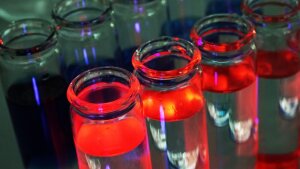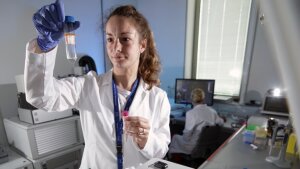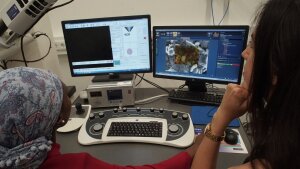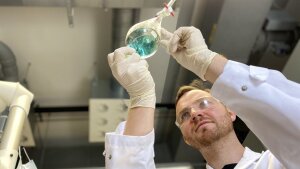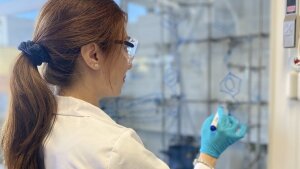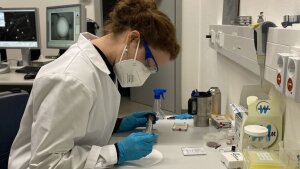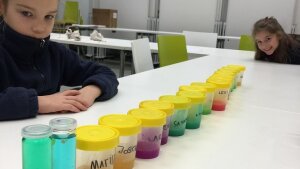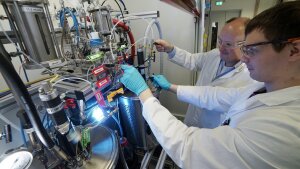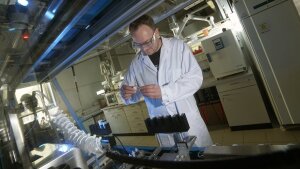
The fight against inflammatory diseases, for example induced by infections, is of great importance for mankind and requires novel strategies for effective and safe pharmacotherapy. Current concepts for medication of inflammatory diseases suffer from restricted biocompatibility and organ specificity of available drugs and are associated with severe side effects.
The CRC POLYTARGET offers innovative approaches for solving these treatment hurdles. Our consortium pursues the long-term goal to develop cell type-specific polymeric nanoparticle (NP) carriers for selective interference at different stages of the inflammatory processes. Targets for NP treatment include pathogens directly or concomitant harmful inflammatory reactions. Newly developed drugs encapsulated by tissue-specific NPs allow to resolve local and systemic inflammatory responses and protect remote organs. Based on these strategies POLYTARGET addresses a broad spectrum of inflammatory diseases leading to organ failures, i.e., sepsis. To face these challenges, a holistic view of the causes and effects of inflammatory reactions is required.
POLYTARGET maps the entire range of methods for generation and efficient application of cell type-specific NPs, which covers the synthesis of systematic polymer libraries, the formulation of NP libraries, the development of new anti-inflammatory drugs, modelling of drug-polymer interactions and the implementation of biomedical evaluation methods for testing the efficacy of drug-loaded NPs. The CRC's particular strength is the ability to comprehensively characterize all steps involved in the generation and implementation of the NPs.
- Area A – CORE hosts the projects that deal with the “interior” of the NPs in a broad sense.
- Projects in Area B – SHELL focus on the surface-related effects of NPs on biomolecules and cells.
- Area C – MEDIUM expands the research level and includes cells, organisms, organoids and animal experiments.
- Area D – VIRAL exploits the CRC`s expertise for fighting viral infections.
- A public outreach project (Ö01) translates the concepts and findings of POLYTARGET to school education.
- The underlying Area Z supplies the whole CRC with key technologies including chemical synthesis, upscaling, supply of human macrophages, central analytical techniques as well as bioinformatics approaches, but also with the scientific claim to further develop these methods. Moreover, the POLYTARGET Research Training Group (RTG) will continue educational mentoring of PhD researchers associated to the CRC by promoting their interdisciplinary scientific expertise to optimise the conditions for research and personal development.
